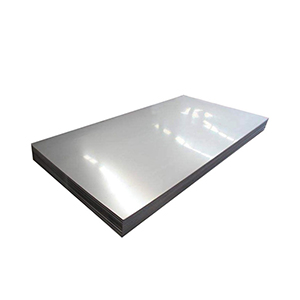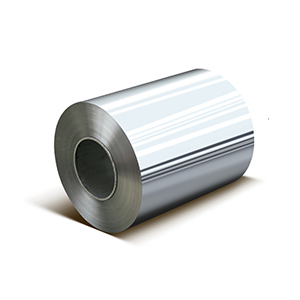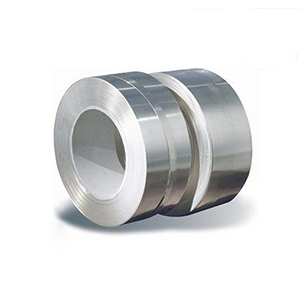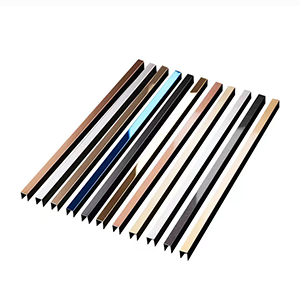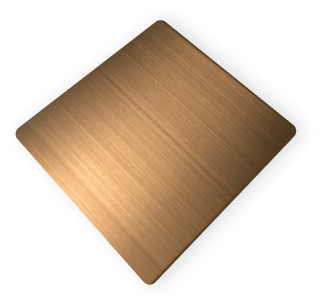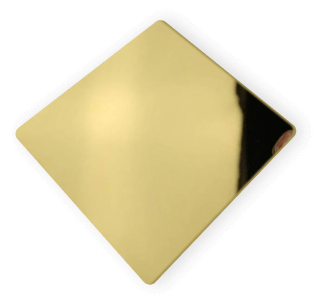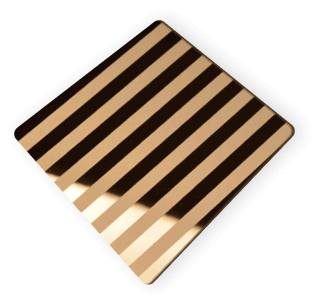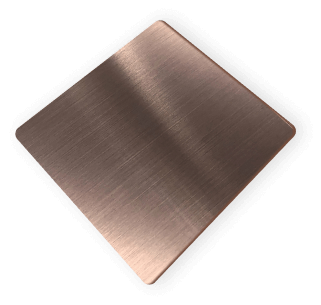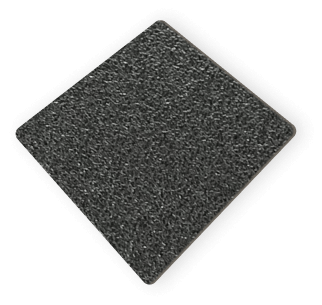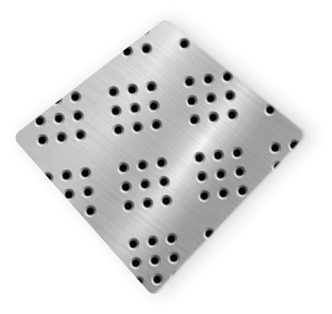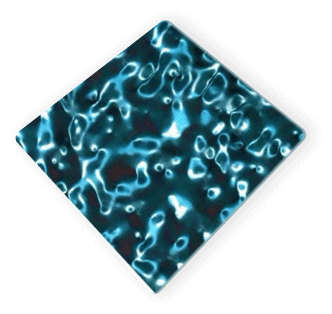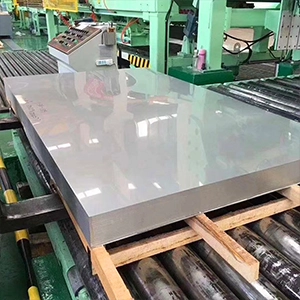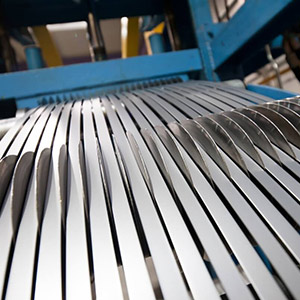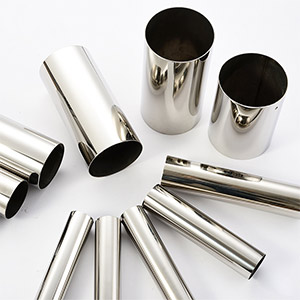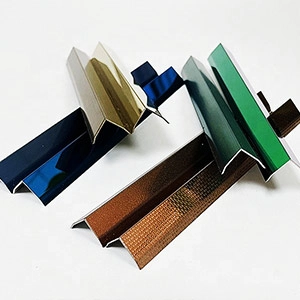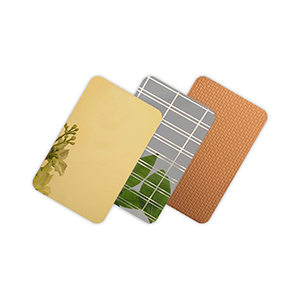Stainless Steel Coil
- Home
- >
- Stainless Steel
- >
- Coil
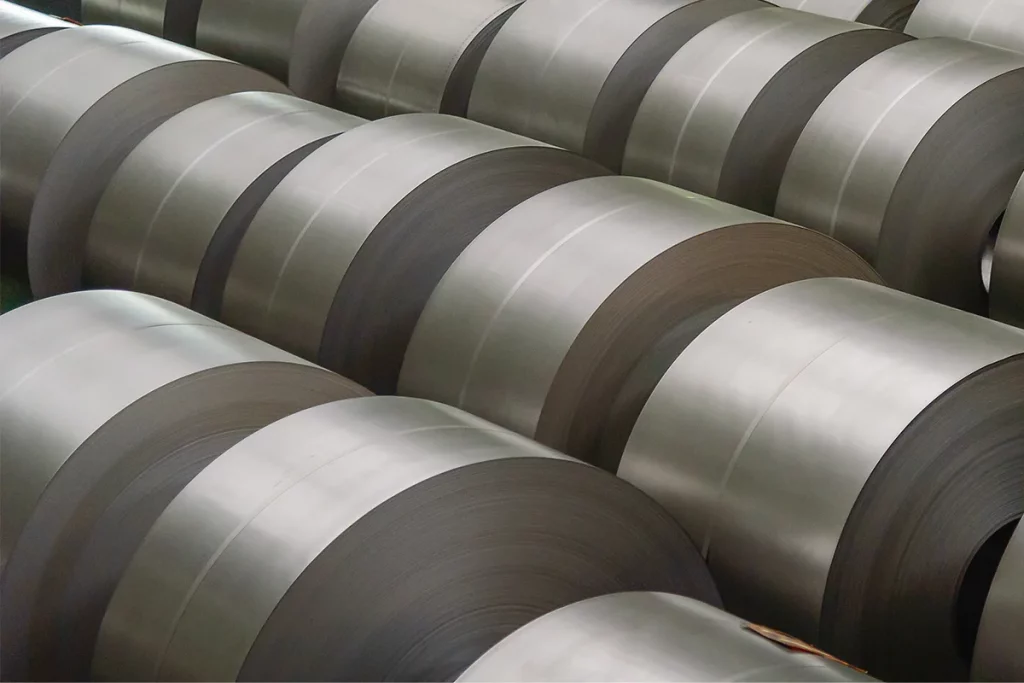
Selective Coils
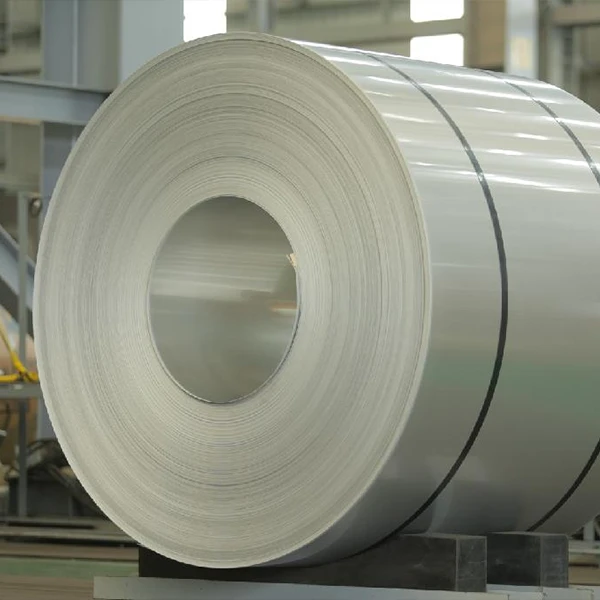
2B
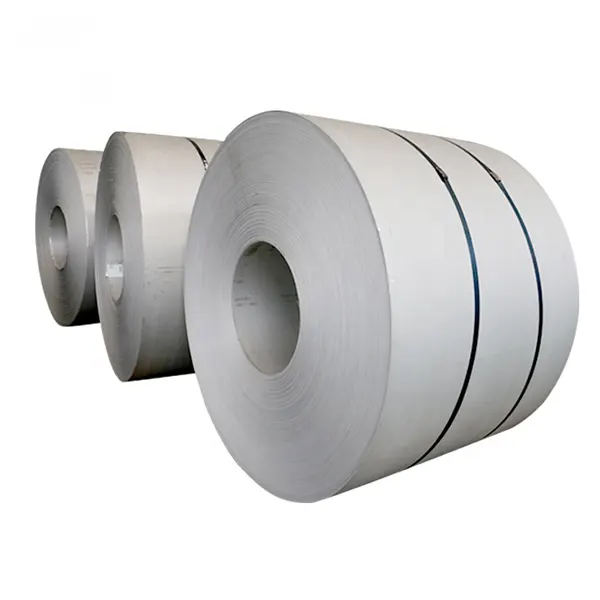
No.1
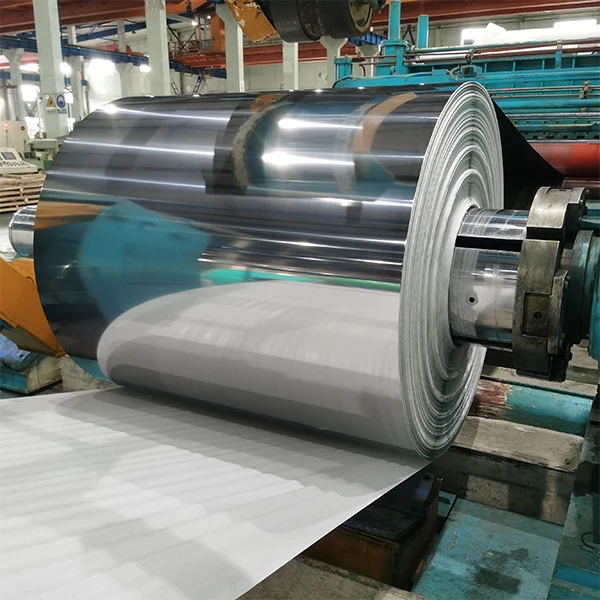
BA
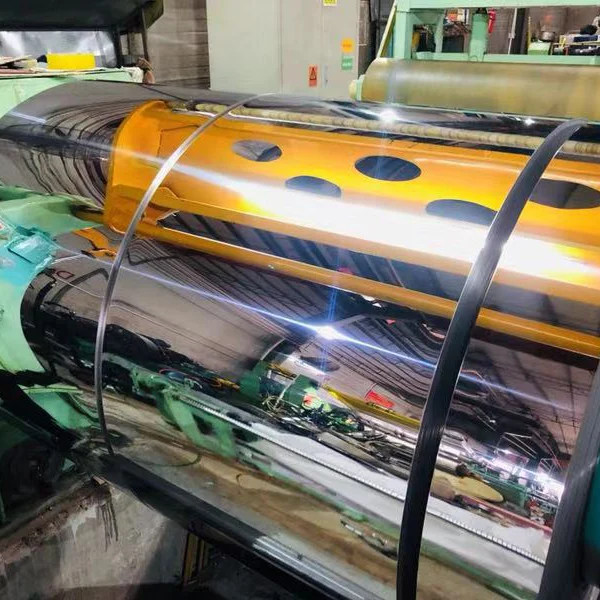
8K
Available Specification
| Stainless Steel Coil Information | ||||||||||
|---|---|---|---|---|---|---|---|---|---|---|
| Technique | Surface Finish | Grade Series | Thickness(mm) | Width(mm) | Application | |||||
| Main Dimension | ||||||||||
| 20-850 | 1000 | 1219 | 1240 | 1250 | 1500 | |||||
| Hot Rolled | No.1 /2E | 201/202/ 304 | 2.2-12.0 | Petro-chemical industry Tanks Construction material | ||||||
| Cold Rolled | 2B | 201/304 | 0.25-3.0 | |||||||
| 410S/430 | 0.25-2.0 | |||||||||
| No.4 / Hairline Mirror / Linen SB | 201/304 | 0.22-3.0 | ||||||||
| 410S/430 | 0.25-2.0 | |||||||||
| BA | 201/304 | 0.2-1.8 | ||||||||
| 410S/430 | 0.25-2.0 | |||||||||
| 2BA | ||||||||||
| Chemical composition and mechanical properties of stainless steel coil | |||||||||||
|---|---|---|---|---|---|---|---|---|---|---|---|
| Grade | Chemical Composition (%) | Mechanieal Performece | |||||||||
| C | Si | Mn | P | S | Ni | Cr | Mo | Hardness | |||
| 201 | ≤0.15 | ≤1.00 | 5.5/7.5 | ≤0.060 | ≤0.030 | 3.5/5.5 | 16.0/18.0 | - | HB≤241,HRB≤100, HV≤240 | ||
| 304 | ≤0.08 | ≤1.00 | ≤2.0 | ≤0.045 | ≤0.03 | 8.0/11.0 | 18.00/20.00 | - | HB≤187, HRB≤90,HV≤200 | ||
| 316 | ≤0.08 | ≤1.00 | ≤2.0 | ≤0.045 | ≤0.03 | 10.00/14.00 | 16.0/18.0 | 2.00/3.00 | HB≤187, HRB≤90,HV≤200 | ||
| 316L | ≤0.03 | ≤1.00 | ≤2.0 | ≤0.045 | ≤0.03 | 10.00/14.00 | 16.0/18.0 | 2.00/3.00 | HB≤187, HRB≤90,HV≤200 | ||
| 410 | ≤0.15 | ≤1.00 | ≤1.25 | ≤0.060 | ≤0.030 | ≤0.060 | 11.5/13.5 | - | HB≤183, HRB≤88,HV≤200 | ||
| 430 | ≤0.12 | ≤1.00 | ≤1.25 | ≤0.040 | ≤0.03 | - | 16.00/18.00 | - | HB≤183, HRB≤88,HV≤200 | ||
Significant Advantage
Flexible
Convenient
Typical Applications
Industrial Equipment
Electronic Equipment.
Kitchenware
Machinery
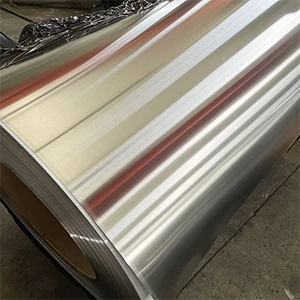
Brushed
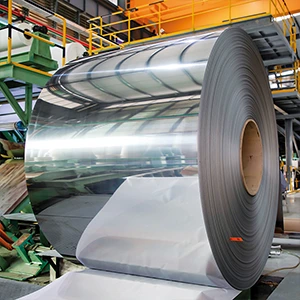
Polished
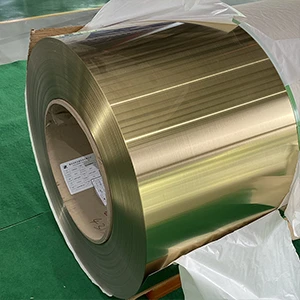
Colored
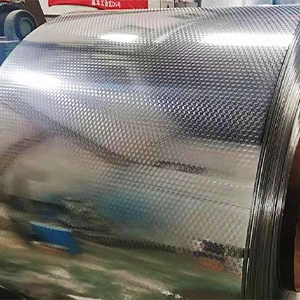
Embossed
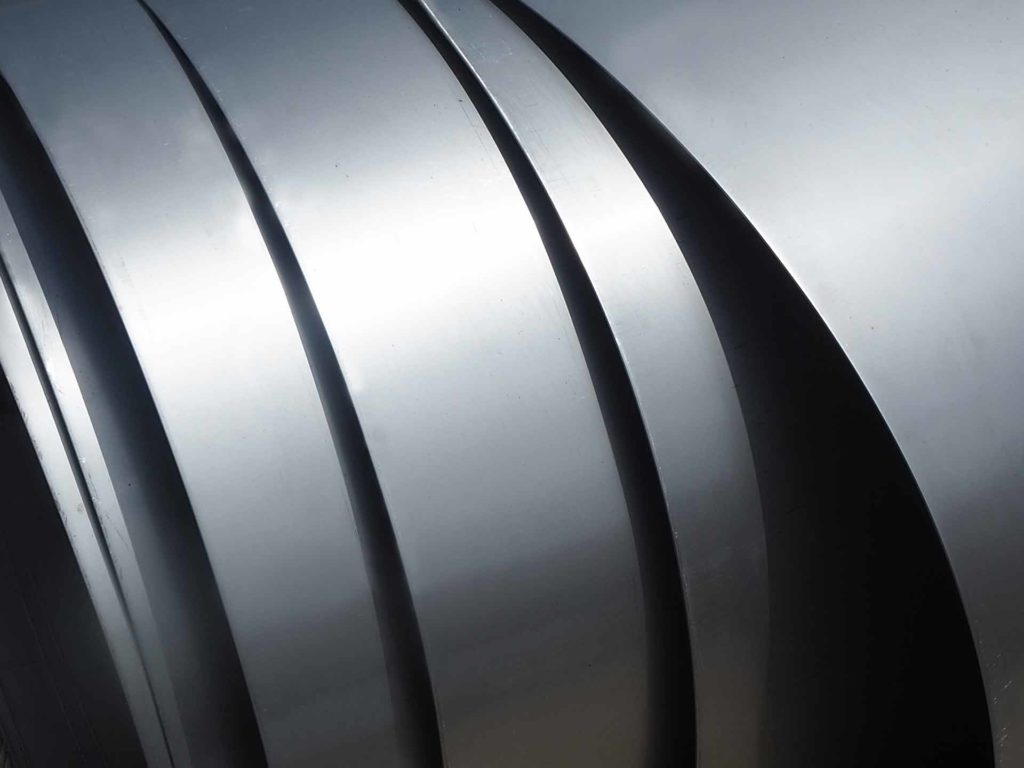
Ready to Start Your Customization Project?
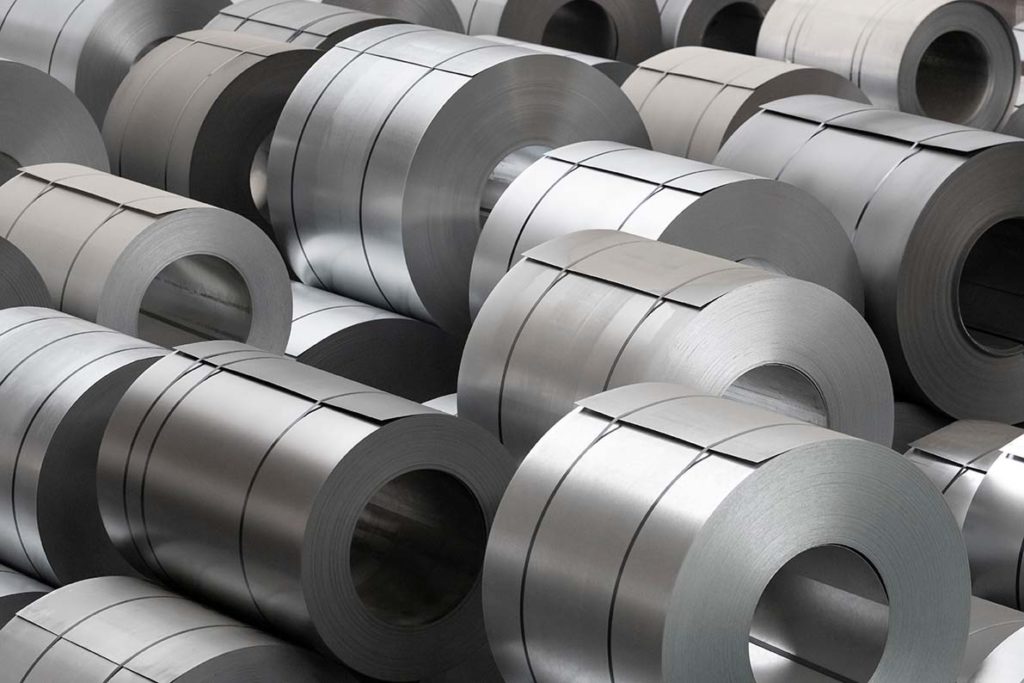
Different Grades of Stainless Steel Coils
Grade 201 is a lower-cost alternative to 304. It offers good formability, moderate corrosion resistance, and is often used in applications that require aesthetic appeal, such as cookware, sinks, and utensils.
Grade 304 is the most common and widely used stainless steel grade for coils. It offers excellent corrosion resistance, good formability, and is suitable for a variety of applications in industries such as food processing, chemical, and architectural.
Grade 316 is known for its superior corrosion resistance compared to 304. It contains molybdenum, which enhances its resistance to chemical corrosion, making it ideal for use in marine environments, pharmaceutical equipment, and coastal architecture.
Grade 410 is a martensitic stainless steel known for its high strength, hardness, and corrosion resistance. It offers good mechanical properties and can be hardened by heat treatment. Grade 410 is commonly used in applications such as cutlery, dental and surgical instruments, and valves.
This ferritic stainless steel grade provides good corrosion resistance and heat resistance. It is commonly used in applications such as automotive trims, indoor appliances, and architectural components.
Common Applications of Stainless Steel Coil

Construction & Architecture
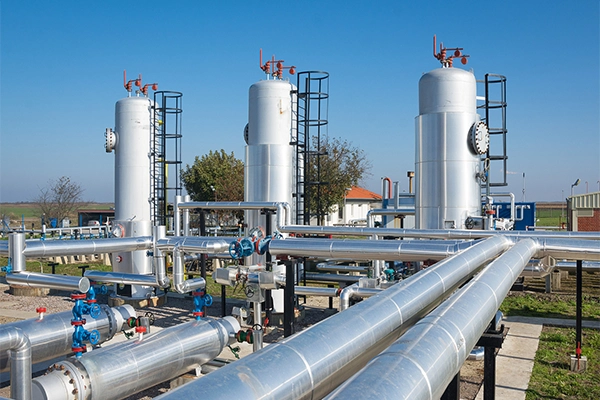
Industrial Machinery
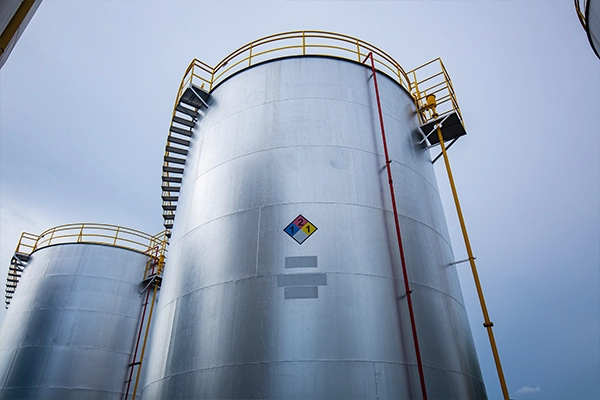
Chemical & Petrochemical
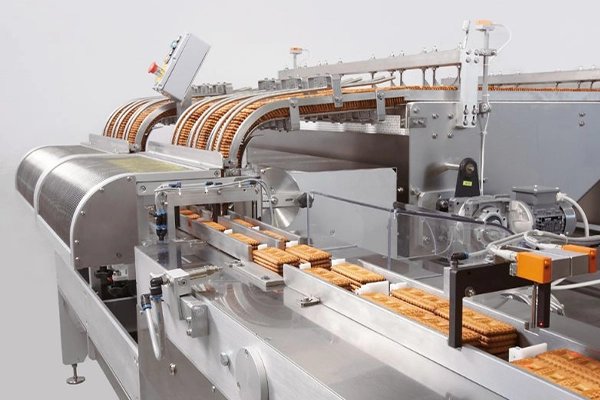
Food Processing & Catering
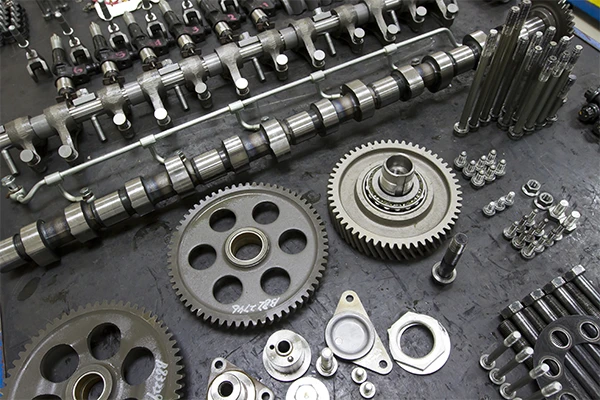
Automotive and Transportation
FAQs
Stainless steel coil refers to a continuous strip of stainless steel that is wound into a coil shape. It is commonly used in various industries for manufacturing applications like sheet metal forming, fabrication, and as a raw material for further processing.
Stainless steel coils possess several key properties, including high corrosion resistance, strength and durability, heat resistance, hygiene and cleanability, and aesthetic appeal. They are also known for their low maintenance requirements and versatility in various manufacturing processes.
Stainless steel coils are typically manufactured through a process known as cold rolling. This involves passing a stainless steel strip through a set of rollers to reduce its thickness and shape it into a coil form. Cold rolling helps improve the material’s mechanical properties, dimensional accuracy, and surface finish.
Yes, stainless steel coil is highly recyclable. At the end of its lifecycle or when it is no longer needed, stainless steel coil can be collected, processed, and recycled. Stainless steel retains its properties even after recycling, and the process can be repeated multiple times without significant degradation in quality.






